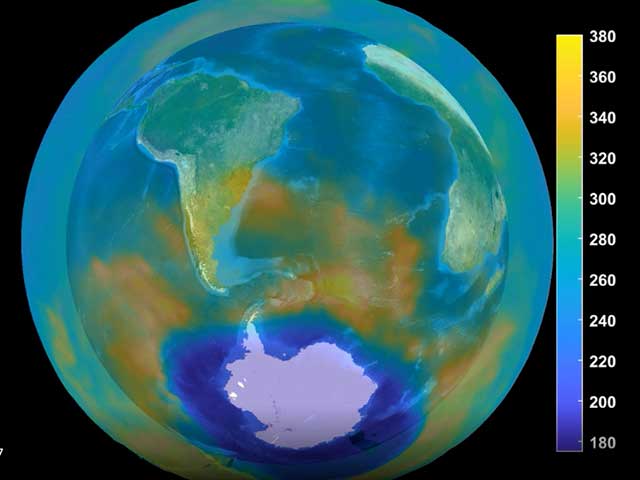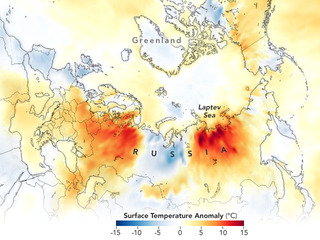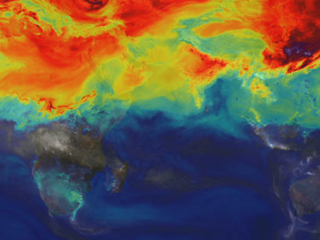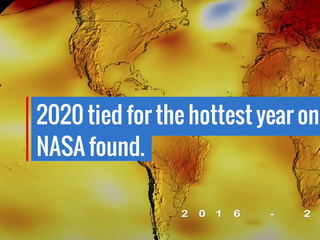News | June 10, 2006
Unlocking the Secrets of Climate Change: Continuity is Key
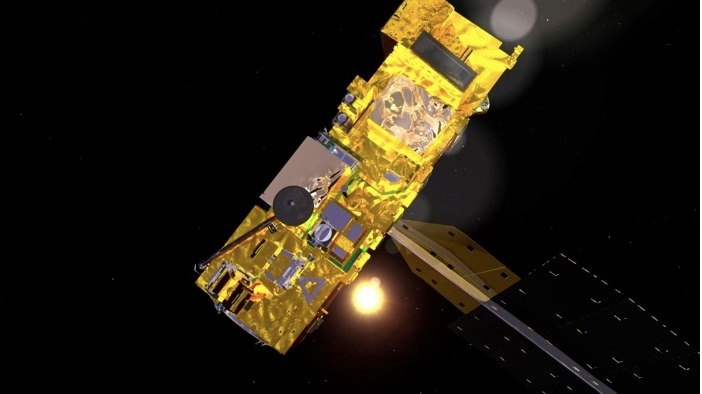
Artist depiction of NASA' Aqua spacecraft in space. AIRS flies aboard Aqua.
Image credit: NASA
Space is a very harsh environment because of blazing sunlight, freezing cold and dangerous radiation of many kinds. Electronic equipment does not last indefinitely in such an environment. Nevertheless, the AIRS is expected to outlast the spacecraft estimated to run out of fuel in the 2015 timeframe.
Since the ability to study climate change requires a long time series of top quality observations, it is very important to continue the task that the AIRS project has started, even after the AIRS instrument system eventually fails. NASA and its sister organizations recognize the importance of such "data continuity", and a series of satellites have been planned to provide that continuity. Starting early in the next decade, a new series of weather satellites will be launched called the National Polar-orbiting Operational Environmental Satellite System, or NPOESS for short. It is hoped that the accuracy and quality of the observations from these satellites will also be good enough for climate studies. But this is by no means certain, and a considerable effort is now being devoted to determine if these future weather satellite observations can be turned into climate quality data. The Cross-track Infrared Sounder (CrIS) on NPOESS is designed to meet a good fraction of the AIRS requirements and every effort is being made to continue the AIRS record into the future with CrIS.
One such effort is focused on the NPOESS Preparatory Project (NPP), a satellite intended to provide some overlap between the Aqua satellite (which includes AIRS) and the launch of the first NPOESS satellite. The NPP satellite will have on board many of the same measurement systems as are planned for the NPOESS satellites, including the CrIS. On-orbit experience with these systems will afford the opportunity to test and refine these systems so that the NPOESS missions will provide the long-duration, consistent and super-accurate time series of data required for climate studies. Many of the AIRS scientists are also members of the NPP and NPOESS science teams, and will bring their expertise to these future programs.


